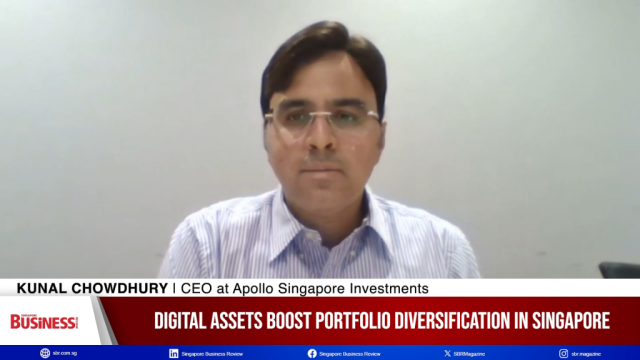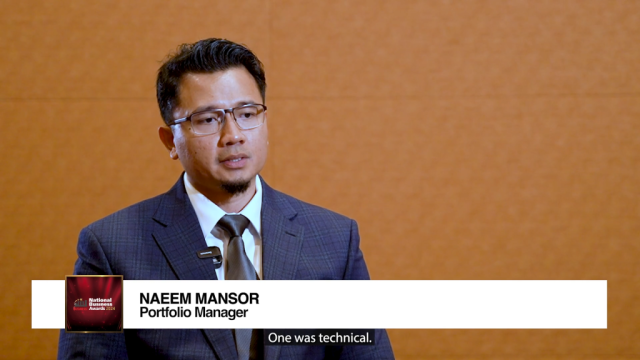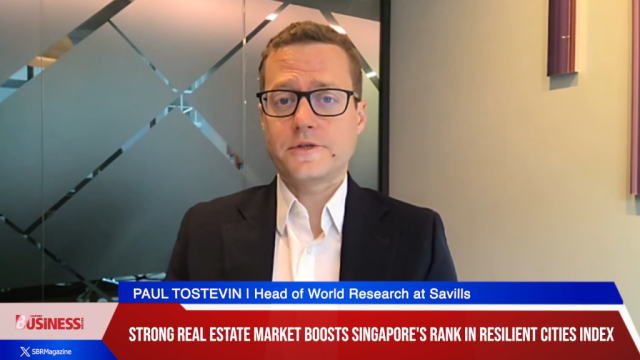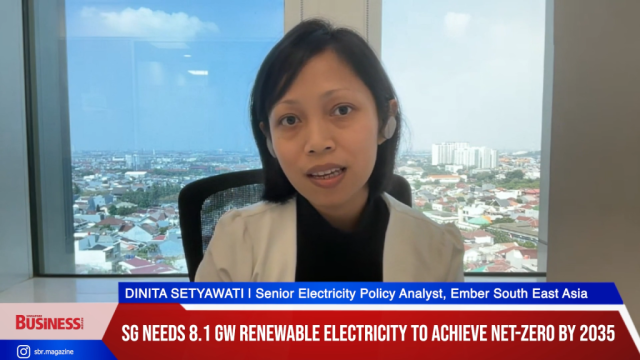
KPMG Malaysia's Ngu Heng Sing shows businesses where to invest during the pandemic
He thinks the pandemic has created a new environment for deal-making that is just as effective—if not more—compared to the traditional setup.
Ngu Heng Sing started his career with KPMG by joining the Assurance division in 2007 and moved to KPMG in Malaysia’s Transaction Services division in May 2011.
After building a solid foundation in Audit, he transferred to the Transaction Services practice which specialises in deal advisory and due diligence. He had the privilege to support numerous corporates, government agencies, and private equity firms in their acquisition and divestiture activities over the years.
Heng Sing’s passion for his work can be seen mostly when analysing the operations of different companies, the micro and macro factors affecting the financial performance of the business, and how these are translated into dollars and cents in the financial statements.
For him, the structure, requirements, target companies and industries differ in each deal so there is never a dull day at work. The work requires him to be very dynamic and possess broad knowledge of each market and industry. Some notable deals he covered were in the retail, technology, real estate, commodity, and consumer sectors.
Singapore Business Review is pleased to have KPMG’s Executive Director for Advisory Transaction Services share his valuable insights on Malaysia as an investment destination and which businesses—from a due diligence perspective—are the most lucrative during the COVID-19 pandemic.
Which industries are foreign investors and companies putting their bets on?
Malaysia remains an attractive investment destination for many foreign investors despite disruptions caused by the movement control orders and decreased economic activities over the last year. Our strategic location is a strong pull factor for many, and this is further strengthened with our reliable infrastructure, conducive business environment and vast talent pool.
Based on a recent joint study by KPMG and The Manufacturing Institute in the United States, Malaysia was ranked fourth amongst 17 economies in terms of cost-effectiveness for manufacturing locations. Malaysia Investment Development Authority announced that there was RM65.9 billion worth of potential investments being evaluated as of December 2020, and they have also recently identified 240 high-profile foreign investment projects in the manufacturing and services sectors with an estimated value of RM81.9 billion.
Whilst some have taken a step back to re-evaluate their investment strategy amid the pandemic, there are foreign investors and companies with strong cash reserves that are looking to expand geographically, diversify into new businesses or recalibrate their supply chains. With the rollout of vaccines across the globe, many are expecting global economies to recover and therefore, there are also some looking for opportunities to ride the wave to recovery. The World Bank is forecasting global economic growth of 4% in 2021, with Malaysia forecasted to grow between 5.6% to 6.7%.
We are seeing an increase of interest from foreign investors in the manufacturing, consumer, technology, and healthcare-related sectors. These are either businesses that have remained resilient or thrived during the pandemic and also those which are poised for strong recovery growth once the pandemic ends.
For homegrown Malaysian companies looking to expand overseas, is this the best time?
This depends on the scale of the expansion, the type of business and industry, and last but not least, if sufficient due diligence has been carried out to evaluate the risk and opportunities.
For example, those looking to expand their geographical reach/presence through e-commerce would probably see a viable opportunity as we see a paradigm shift in global consumer behavior towards online shopping.
As for those looking to expand their operations in another country, this may be challenging and risky in the near term with travel restrictions in play and lingering economic uncertainties. Although virtual meetings and site visits can be carried out, the absence of personal interactions and physical presence will make it difficult to track progress and address operational issues. Unless it is an opportunity that cannot be missed such as taking over the foreign competitors’ business at an attractive valuation or expanding into a market with strong local partners/alliances, perhaps this can wait, at least until borders reopen.
What has been the impact of COVID-19 in terms of analysing and mitigating risks from a business or investment decision? Do you see a change in the way the deal process is carried out during the pandemic?
COVID-19 has caused unprecedented operational disruptions and there is no clear answer to when the pandemic will end, even with the vaccine rollouts. Investors are becoming more cautious given the uncertainties surrounding the economy and the business performance of target companies.
From a due diligence perspective, investors are keen to find out how COVID-19 has impacted the business and the measures are taken to alleviate some of the risks and impacts. Whilst some of these areas are already covered under normal conditions, additional focus will be placed on the loss of revenue and margin assessments, unfulfilled contractual obligations, working capital and cash flow management, one-off government grants/subsidies received, cost-cutting measures taken by management, delayed CAPEX investments, and considerations for impairment of assets.
For investors contemplating an acquisition in a new market/sector, we are also seeing an increase in requests for commercial due diligence to understand the current trends in the market, how well or poorly the target is positioned, and expert views on the potential growth amid the pandemic.
Valuations are getting pressured as investors are uncertain of the target company’s ability to rebound post-COVID-19 and historical earnings may no longer be a reliable measure of the company’s future performance. Sellers, on the other hand, are generally optimistic. This creates a valuation gap which usually leads to the negotiation of the various purchase price
adjustments, earn-outs and profit guarantees in the pricing structure to address some of the investors’ concerns.
In terms of the deal process, most of the activities are now taking place virtually and remotely—from virtual meetings and negotiations to remote due diligence and electronic approvals. This creates a new environment for deals to be carried out, which are as effective, if not more efficient than traditional ways. Of course, many still prefer physical interactions, but with no clear answer to when the pandemic will end, this may become the new normal for deals to be carried out.
























 Advertise
Advertise










